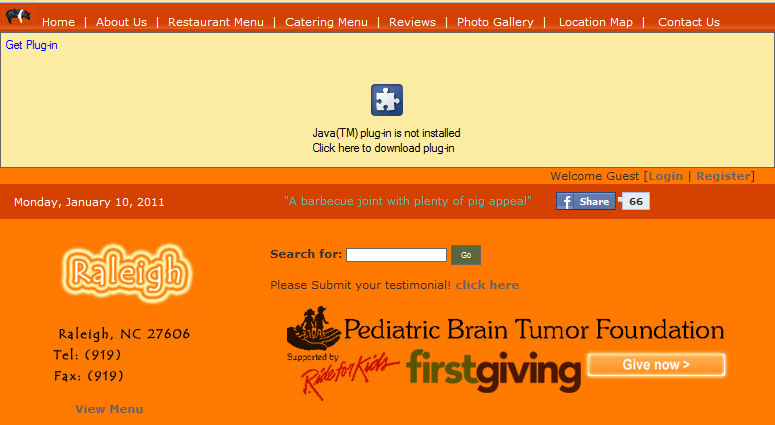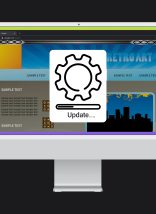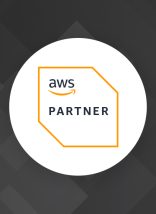When I tell people I work at a web design company, they often respond with “I really need a website for my _____.” More often than not, they should have said “I really need a web page.”
This weekend, I came across a tumblelog called “Never said about restaurant websites”. In Raleigh, we have a lot of great locally owned and operated restaurants. Many of them, unfortunately, either don’t have a web presence or are, well, doing it wrong. While it’s fine to think about what you want to put on your website, it’s more important to think about what people will expect on your website. When it comes to restaurant websites, people expect to find hours of operation, location, and a menu. All of those could fit on a couple of web pages (and the menu should not be a PDF).
The Good, Bad & the Ugly
To illustrate my points, I went on an Internet safari where I visited some of the websites of my favorite restaurants.
Good: Everything I need, at the top of the page

While this site used Flash and it took a little bit to load, everything I needed was right at the top of the page, clearly visible. Well done!
Bad: Difficult to find (and read) the Hours of Operation

A restaurant’s hours need to be very visible. My eyes shouldn’t have to wander to the bottom of the website and then adjust to read light-gray text with strange formatting.
Ugly

On the left, the address (without the link to the map) and phone number are clearly visible (I removed pieces of their contact information). But, unfortunately the site is difficult to look at. The menu is available as a PDF file, and the header requires Java, which I haven’t needed to install on my computer yet. I can’t find the hours anywhere except in the Menu.
Does every business need a web presence?
Unless you’re operating in secrecy, the answer is yes. Most businesses that don’t have a web presence either are doing fine without one, and/or are intimidated by the large investment of a website. In reality, just one or two well-designed web pages will often suffice when one of your customers thinks “what is their phone number again?” or “I wonder if they’re open” and tries Google unsuccessfully. Then, your customer has to resort to the phone book. Or, if they’re like me, the online phone book. Phone books, in any form factor, are not an ingredient of a healthy user experience.
The user experience extends off the screen. Proper signage, well-lit parking lots, ramps for the handicapped, and a useful voicemail message are also very important. For the established single building restaurant, barber shop, or tailor shop, a web presence might not seem like a priority. For some, they might not even want to attract new customers. But a great user experience is also important for established customers. And now, more than ever, the Web (including the Mobile Web) is part of that.









